Who are you
Producers
Producer
WEEE and Battery regulations can be complex. Created by producers for producers, almost 38,600 customers across 62 countries trust The European Recycling Platform, (ERP) to manage their compliance obligations. We provide our members with high-quality compliance and help large, medium and small businesses navigate the complexities of compliance for electrical and electronic equipment and batteries.
Our straightforward solutions make environmental compliance and extended producer responsibility simple
WEEE
Your responsibilities – what do I need to do?
Under the European Union’s Waste Electrical and Electronic Equipment (WEEE) Directive, producers who place electrical and electronic equipment on the market are required to provide for the collection and treatment of these goods when they are disposed of by the consumer.
Under the legislation, electrical and electronic equipment (EEE) producers may transfer their WEEE compliance obligations to an approved compliance scheme such as ERP.
What is a producer?
A producer of EEE is defined as any person who irrespective of selling technique used, including by means of distance communication:
- Manufacturers that sell EEE under their own brand
- Resells under their own brand, equipment produced by other suppliers (Note: a reseller not being regarded as the ‘producer’ if the brand of the producer appears on the equipment)
- Imports or exports EEE on a professional basis into a Member State
Your WEEE Obligations
Producers of consumer WEEE have the following obligations under the WEEE Directive:
- To register and renew registration as a producer of WEEE with the Producer Register Limited
- To provide accurate information regarding the volume of product placed on the market on a monthly basis through the Blackbox
- Finance the environmentally sound management of WEEE by joining a compliance scheme or by self-complying
- Ensure EEE placed on the market is in compliance with the Restriction of Hazardous Substances (RoHS) Regulations, S.I. No. 513/2012 >> here
- To inform the consumer of their entitlements and the specific arrangements for WEEE when purchasing a new product
- To display the following sign at all retail stores, retailing EEE and batteries (including batteries incorporated into EEE) in a conspicuous position within 1 m of the point of sale of EEE (till) or where EEE or batteries are displayed. Please see Schedule 6 of the regulations >> here
- Distant Sellers also have some additional obligations – visit >> here
Producer and Importer Battery Obligations
What is a producer?
Obligations under the battery regulations are not defined as B2B or B2C, but broken down into three types; portable, automotive and industrial. If a producer or importer places equipment incorporating batteries onto the Irish market, it will have producer obligations in accordance with the battery regulations.
Battery Producer Obligations
Producers of batteries have the following obligations under the Waste Battery Directive:
- Register and renew registration with the Producer Register Limited
- Declare the quantities of batteries placed on the market through the Producer Register Limited (WEEE Blackbox)
- Finance the takeback and waste management of battery waste arising from batteries placed on the market. This can be managed by either becoming a member of a compliance scheme, or by self-compliance. Producers who join a compliance scheme are exempt from reporting to the EPA and from meeting recovery and recycling targets
- Ensure that your batteries are compliant with regard to amounts of hazardous substances (Cadmium, lead etc.) they contain and are labelled and marked correctly
- Marketing requirements – changes on labelling must signify contents and recycling labelling
- Display the following sign at all retail stores, retailing batteries (including batteries incorporated into EEE) in a conspicuous position within 1 m of the point of sale (till) or where batteries are displayed >> here

